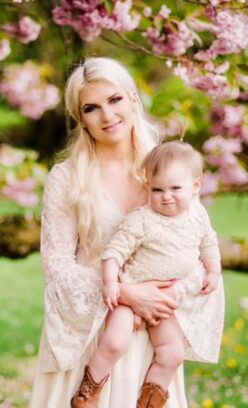Bachelor of Arts degree
A UFV Bachelor of Arts (BA) prepares students for engaged democratic citizenship and success in the workplaces of today and tomorrow. Students gain analytical, intellectual, and practical skills through applied learning and a program of study that focuses on critical and creative thinking; written, oral, and visual communication; and quantitative, data, scientific, digital, and technological literacies. Students can select from a wide range of majors, extended minors, and minors that equip them to create a more just and inclusive society. Graduates leave ready for personal and social responsibility, ethical reasoning and action, leadership, and with career portfolios that support their post-university goals.
Program learning outcomes
Upon successful completion of the BA, students will be able to:
-
Demonstrate information competency
-
Analyze critically and imaginatively
-
Use knowledge and skills proficiently
-
Initiate inquiries and develop solutions to problems
-
Communicate effectively
-
Pursue self-motivated and self-reflective learning
-
Engage in collaborative leadership
-
Engage in respectful and professional practice
-
Contribute regionally and globally
-
Integrate their learning across all facets of their lives
Relevant Courses
January 2019 – Present
University of the Fraser Valley
-
- HIST 103 – this course looks at fundamental aspects of Stó:lõ history. It focuses on the importance of oral history, and the Stó:lõ people pre-contact and post-contact with Europeans.
- EDUC 300 – this course is specifically meant for prospective teachers. It focuses on self-reflection, teaching strategies, student assessments, current educational theories, and learning.
- ANTH 111 – this course introduces students to indigenous cultures along the BC coast and interior. It focuses on cultural changes post-contact with Europeans, colonialism, de-colonization, social structures, ceremonies, and resource use.
- HSER 120 – this course introduces students to interpersonal communications. It focuses on conflict resolution, empathy, emotional intelligence, personal and professional values, use of self, cultural humility, indigenous cultural safety, and building rapport.
- MATH 105 – this course offers students direct experience with elementary school mathematic strategies. It focuses on reasoning, problem solving strategies, real numbers, number theory, and numeration systems.
September 2011 – December 2014
University of the Fraser Valley
-
- EDUC 200 – this course tackles how we learn and how we create environments for others to learn. It focusses on learning theories, learning conditions, development, and instructional strategies.
